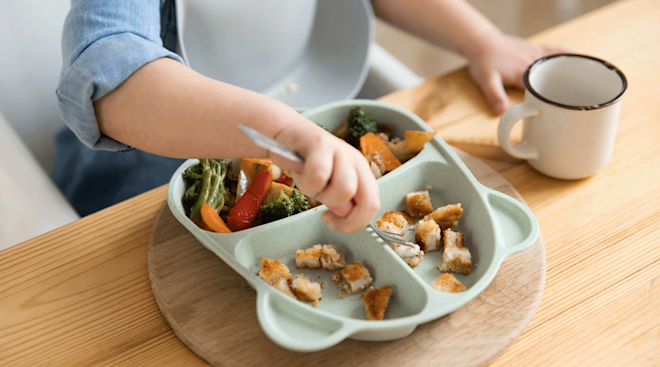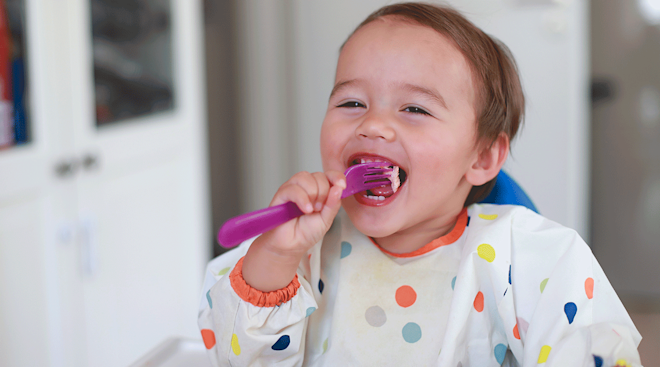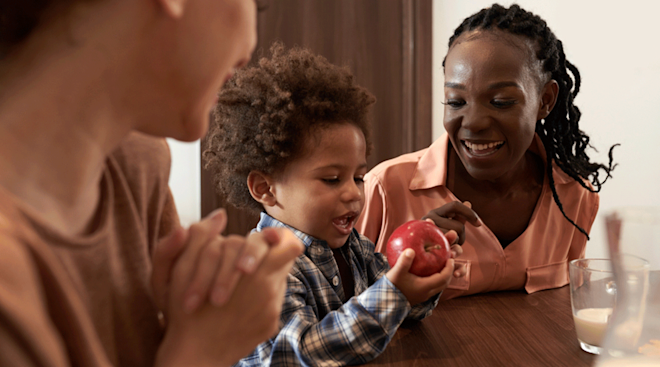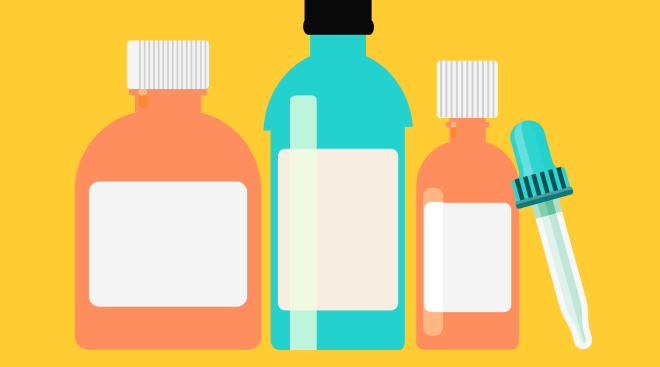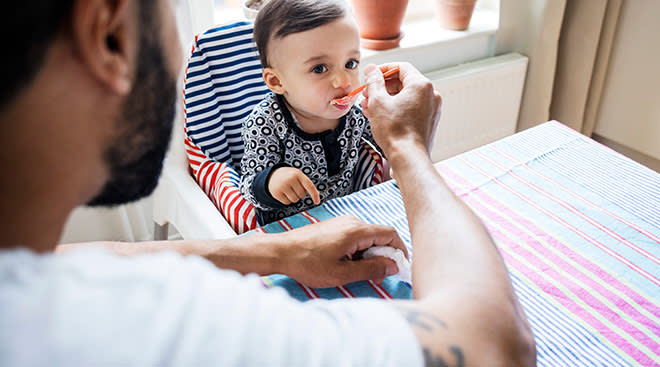You may take this as good news or bad news, but to a degree, your toddler’s behavior might be out of your hands.
That’s the word from a new study out of Ohio State University. Researchers found that the abundance and diversity of certain bacteria in the gastrointestinal tracts of kids between 18 and 27 months seems to impact behavior. The most social, curious, positive and impulsive toddlers had the most genetically diverse gut bacteria.
The real question: How did researchers get a peek at this gut bacteria? You guessed it; they collected stool samples from 77 girls and boys. Meanwhile, parents were asked to assess their kids’ behavior using a questionnaire evaluating 18 different traits.
The correlation between gut bacteria and behavior exists even after controlling for factors like method of childbirth, diet and breastfeeding — three factors that influence which microbes are found in an infant’s gut. Interestingly, that correlation was strongest in boys.
“There is definitely communication between bacteria in the gut and the brain, but we don’t know which one starts the conversation,” says study co-author, microbiologist Michael Bailey, PhD. “Maybe kids who are more outgoing have fewer stress hormones impacting their gut than shy kids. Or maybe the bacteria are helping mitigate the production of stress hormones when the child encounters something new. It could be a combination of both.”
One thing is for sure; the purpose of this study wasn’t to correct behavior, but to determine where and how illnesses like asthma, allergies and obesity start.
If you’re not thrilled with your toddler’s behavior, don’t start changing their diet to alter their gut bacteria just yet. Scientists still don’t have a clear picture of what a healthy combination of microbes looks like, and can’t definitively say what influences it.
Please note: The Bump and the materials and information it contains are not intended to, and do not constitute, medical or other health advice or diagnosis and should not be used as such. You should always consult with a qualified physician or health professional about your specific circumstances.
Navigate forward to interact with the calendar and select a date. Press the question mark key to get the keyboard shortcuts for changing dates.





































